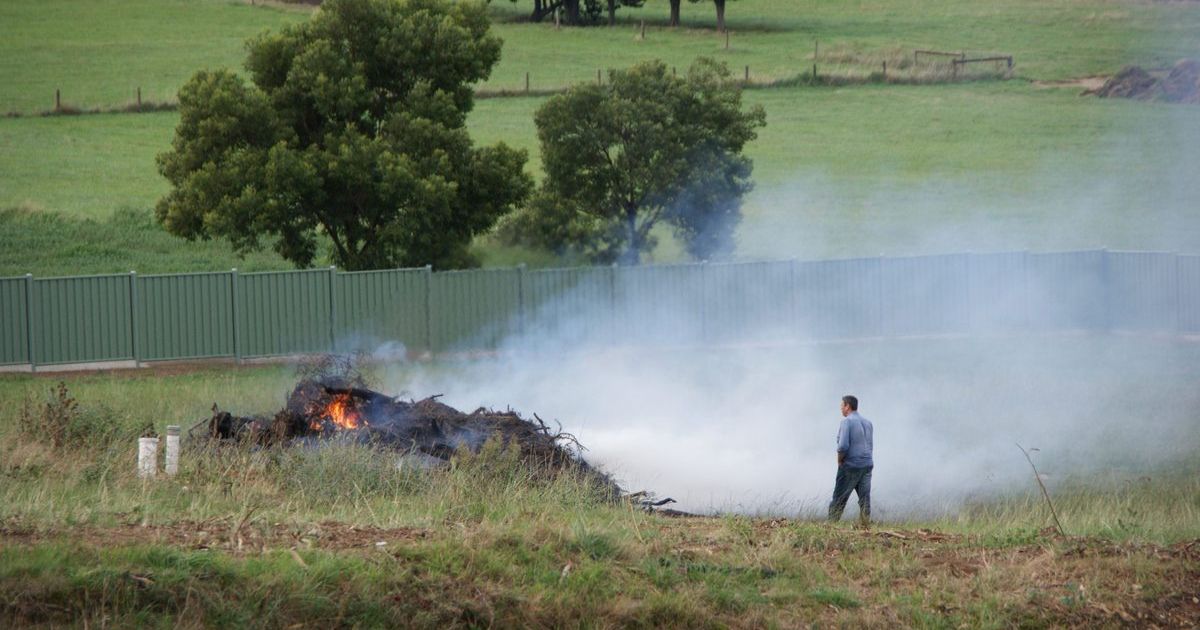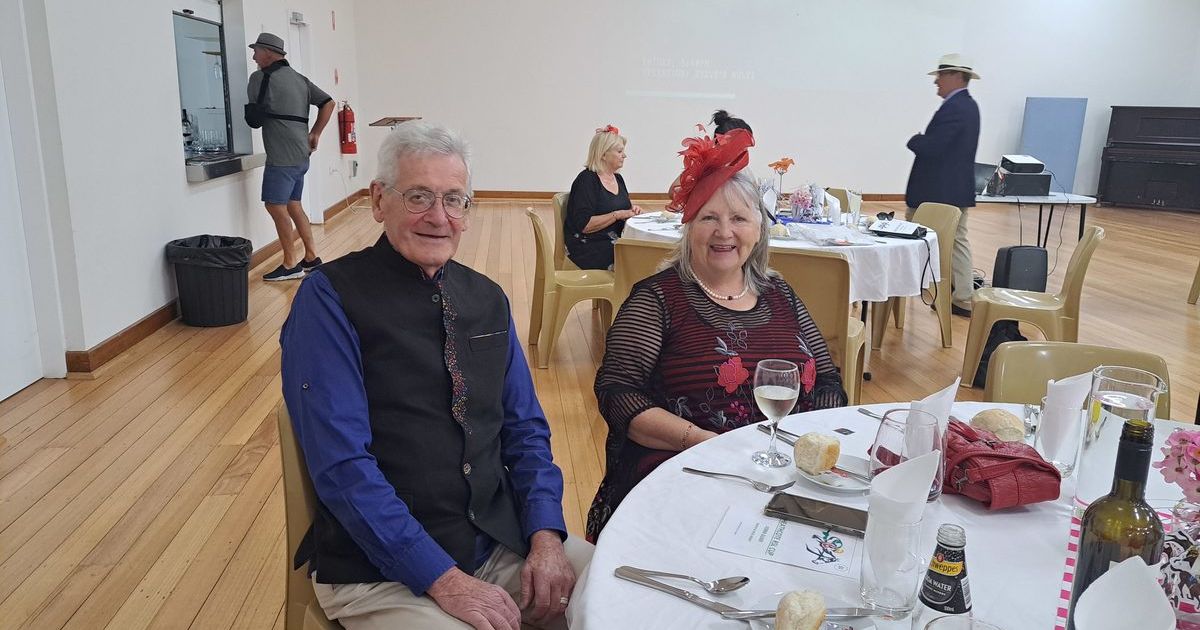The weather outside is frightful

Rough going: Looking north up High Street from the corner of Herriot Street in 1906, the Commercial Hotel is on the left. The main road was unsealed and either dusty or muddy depending on the season. Photo: FILE
EVERY year in late May, a sharp wind whistles up High Street, Heathcote, stripping the last burgundy leaves from the claret ash trees and heralding the start of chilly weather.
While the district’s thermometers often nudge into the 40s over summer, they regularly dive below zero on winter nights.
Hard frosts are common, however snow is rare.
But in mid 1895 much of Australia experienced an exceptionally cold snap and on 26 July the McIvor Times reported that “on Saturday morning last a slight fall of snow took place, it being much heavier at Tooborac.”
“A fall of sleet also took place on Sunday night,” it read.
“Unprecedented falls of snow have been experienced throughout the country accompanied by bitterly cold weather.”
Rain is a more regular source of Heathcote winter woes.
Although welcomed by farmers and town-dwellers alike, it still casts a muddy pall over many proceedings and at its worst causes widespread damage due to flooding.
On 10 September 1906, 102.9 millimetres of rain fell in a 24-hour period.
The McIvor Times gave detailed accounts of the devastation across the wider district.
“There is not a part of the Shire that has been immune from the effects of the heavy rainfall, and, as previously mentioned, the loss financially, both privately and publicly, has been very great,” it noted.
In more recent years 108 millimetres was recorded over 48 hours at Heathcote in October 2022 and 154.4 millimetres on 8 January 2024.
Both of these weather events also resulted in extensive losses.
On a considerably lighter note, rain has often interfered with winter sporting pursuits.
In August 1897 Heathcote trounced Redcastle in a football match that was recorded by “Follower” for the McIvor Times.
“The ground through the recent rain was slippery,” they wrote, “and this combined with a strong wind and entire disregard for such paltry considerations as “Rules”, resulted in what was intended for a game of football, becoming a game of shinty with a dash of lawn tennis.”

Play clearly dragged with Follower noting ironically that “the game was so fast that the ruck players absolutely became warm in less than an hour.”
This was reflected in the final score of Heathcote two goals 5 behinds, Redcastle one behind.
Five years earlier, in 1892, Heathcote had travelled south to play Pyalong with 13 of their players supplemented by two substitutes.
“One of whom was picked up at Tooborac and the other came on at half time,” the McIvor Times reported. “They also had the help of three other men unused to play.”
“The ground was sufficiently affected by the rain which had fallen to become slippery, and causing the greasy ball to spoil the best efforts of the players to secure hold of it.”
The “miserable, rainy” conditions were again mirrored in the final score of Heathcote two goals seven behinds and Pyalong two behinds.
In May 1863, colonial Australia was in the grip of patriotic fervour when Britain’s Prince Albert, later Edward VII, married Princess Alexandra of Denmark.
“It only required that the people of these colonies should hear of the looked for marriage being consummated, between His Royal Highness the Prince of Wales, and the Princess Alexandra, to vie with those magnificent and unprecedented demonstrations of loyalty and goodwill which signalised the occasion at home,” the McIvor Times editor thundered.
But again, the weather dampened local celebrations.
“A more unpropitious day, as far as weather is concerned, could not have been chosen,” the paper reported.
“All Monday night a steady, soaking rain descended; and when day broke the ground everywhere was miserably sloppy, while the rain continued to fall without any appearance of being likely to cease.
“This made the scene out of doors far less exciting than it would otherwise have been, as ladies especially could not venture abroad with any comfort.
“A great many patriotic gentlemen, however, were not so deterred – (of course, all business was suspended) – and from an early hour in the morning Royal salutes were heard proceeding from half a dozen different points: from the cricket ground, the range, the Heathcote and Mount Ida hotels…
“These military imitations were spiritedly kept up, for everyone who could procure a firearms and powder, volunteered in them.”

















